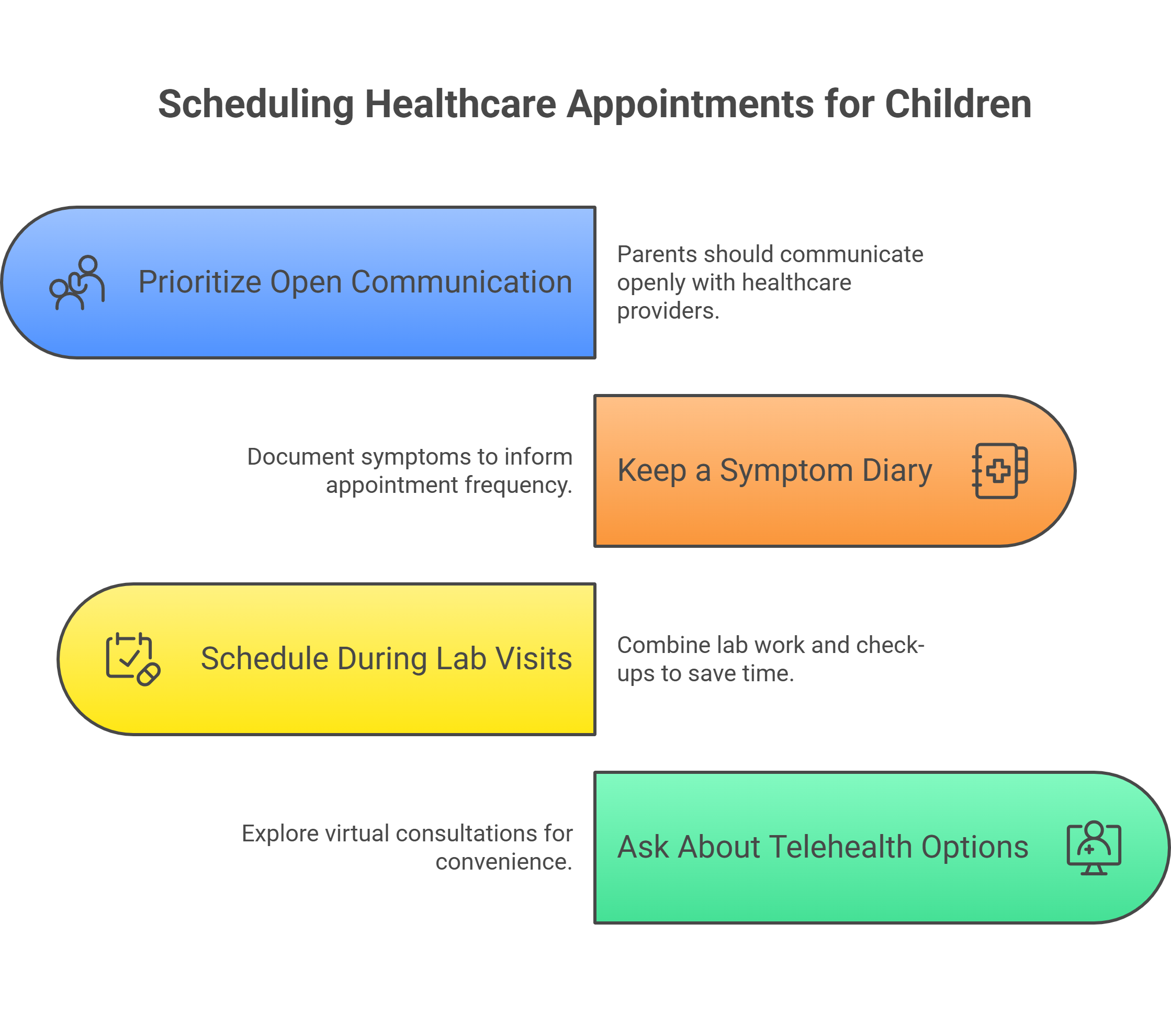
Understanding Pediatric Rheumatology Appointments
For parents navigating the complexities of childhood arthritis, knowing how often to schedule visits with a pediatric rheumatologist can be challenging. Doctors and specialists often emphasize the importance of maintaining regular appointments, especially for children diagnosed with juvenile arthritis.
In 'How often should I schedule pediatric rheumatology appointments?', the video discusses crucial insights into scheduling pediatric rheumatology visits, prompting us to explore the various factors influencing these appointments.
The Balancing Act of Treatment and Monitoring
According to specialists, appointments can’t be set too close together; there's a need for medications to have time to take effect. This means that while some patients may not require visits every two weeks, lab monitoring and treatment evaluations play a significant role in determining the frequency of these important check-ups. Essentially, it’s about ensuring that the child’s treatment is effective while also allowing sufficient time for medications to initiate their beneficial action.
What Influences Appointment Frequency?
Another critical aspect to consider is the child's response to treatment. If a child experiences flare-ups, the frequency of appointments will likely need to increase. This allows healthcare providers to quickly reassess and adjust treatment plans, ensuring effective management of the child's condition. Therefore, parents should feel empowered to communicate openly with their pediatric rheumatologist about any concerns regarding flare-ups to facilitate timely adjustments to the care plan.
Consideration of Distance and Accessibility
Families living far from healthcare facilities must also navigate scheduling differently. If a patient lives hundreds of miles away, doctors may show greater flexibility in scheduling appointments, accommodating travel needs. This aspect underscores the importance of considering geographical location in the planning of pediatric healthcare.

Insider Tips for Parents Scheduling Appointments
When establishing a regular appointment schedule, it is essential for parents to prioritize open communication with their healthcare provider. Here are some actionable tips on scheduling:
Keep a symptom diary: Documenting flare-ups or side effects can help your healthcare provider make informed decisions about appointment frequency.
Schedule during lab visits: Combine lab work and check-up appointments to minimize travel.
Ask about telehealth options: If distance is an issue, see if virtual consultations are available.
Future Trends in Pediatric Care
As healthcare continues to evolve, parents can expect more integration of technology in managing pediatric rheumatology. Remote monitoring and telemedicine may redefine how often scheduled appointments are needed, potentially creating a more seamless experience for busy families.
Conclusion: Informed Choices Lead to Better Care
In deciding how frequently to schedule pediatric rheumatology appointments, parents play a critical role in their child's health management. By understanding the influences on appointment frequency—from treatment effectiveness to accessibility—parents can make informed decisions that best suit their child’s health and lifestyle. The proactive approach can lead to more timely interventions and overall better outcomes for children with juvenile arthritis.
Disclaimer: The information provided on this website is for general informational purposes only and should not be considered medical advice, diagnosis, or treatment. Always consult a qualified healthcare professional before making any decisions or taking actions related to your health, including but not limited to medical conditions, treatments, diets, supplements, or exercise programs. The content on this site is not intended to replace professional medical guidance. The website and its authors are not responsible for any actions taken based on the information provided.
 Add Row
Add Row  Add
Add 




Write A Comment